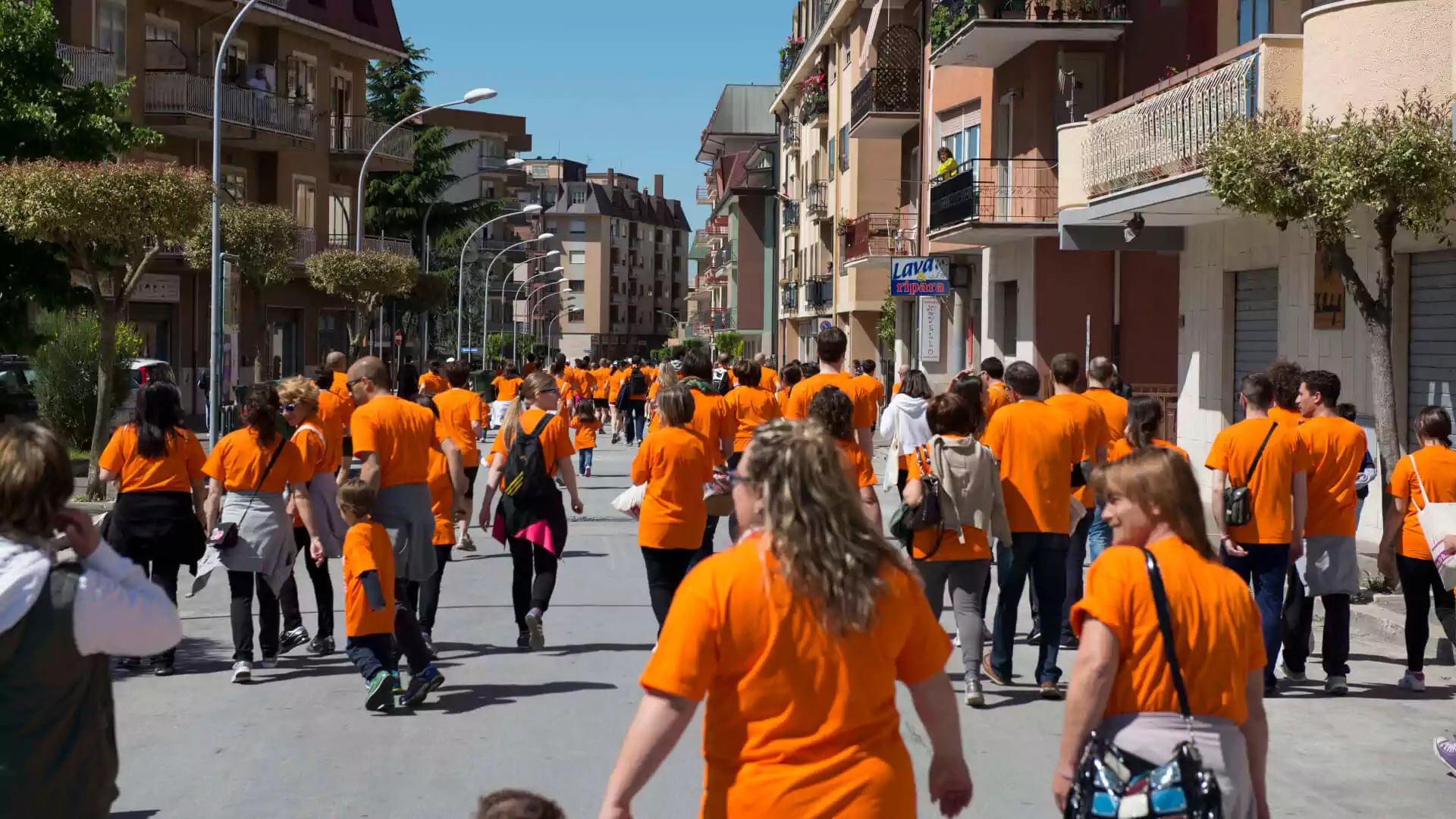
Why participate in clinical trials
Participation in HD trials is a lifechanging opportunity!
What is a clinical trial?
A clinical trial is a research study conducted in people to understand whether an experimental drug has the potential to become a new treatment for a specific disease. This is called a therapeutic or interventional trial.
Clinical trials can also be ‘observational’, meaning that clinical data and samples are collected but no experimental drug is administered. The goal is to study the natural history of the disease and to track its progression
Examples of observational trials, are Enroll-HD and HD-Clarity.
Who can participate in HD clinical trials?
Before you can participate, your study doctor needs to check if you meet the eligibility criteria reported in the study protocol. The study ‘protocol’ is the official document that specifies the research plan for a clinical study. It is a sort of ‘guideline’ to the clinical trial for the investigators and must be approved in advance by regulatory authorities.
It is important to mention that often only people who have been clinically diagnosed by their doctor can participate in therapeutic trials. While observational trials such as Enroll-HD are open to individuals who are gene positive, at-risk, unaware of their genetic condition or those who have been tested negative.
Where it is possible to participate?
The clinical sites where HD clinical trials are conducted vary from study to study. Some studies are only conducted in certain regions. Others enroll participants worldwide, including from Italy. Information can be found on the website of the local HD Organizations - such as LIRH Foundation for Italy - and on hdtrialfinder.net. You can also ask your physician.
Why participate in clinical trials?
Participation in clinical trials gives the opportunity to be followed-up regularly, and to have early access to possible new treatments.
It is important to underline that participation benefits not only the participants but the whole HD community, whether the experimental drugs work or not. Even if a trial is not successful, researchers will learn more and be able to better address the future research efforts.
An Opportunity and a Responsibility
Individuals that participate in clinical trials take important responsibilities, as they are expected to be compliant with the protocol instructions in terms of respecting the visits schedule, taking the medications, and completing tests at home if requested. It can be necessary to travel to the study site more often than normal, so it may be needed to ask permissions at work. Reimbursements to cover travel and accommodation expenses are always foreseen. For a trial to succeed, it is best to stay in it until the end. However, you are allowed to stop at any time.
A challenge for young adults
The main challenges for researchers and pharma are to prevent the onset of HD symptoms, as well as to slow down the disease progression, preserving the functionality and independence for as long as possible. To do so, it is important to start treatment early on. This is the reason why HD clinical trials need to target young individuals, who happen to be in the early stage of the disease, or even without clear symptoms yet.
"Those individuals are people like me: young, and often not even interested in hearing the word Huntington. Imagine how hard it might be asking them to participate in a clinical trial. Instead, it is exactly what we should do. We are the hope for ourselves and for others like us. We must build a different future and there is nobody else who can do this better than ourselves. Research needs our help. Let's help research. Let's participate in clinical trials! " - Alessia, patient advocate and HD community member.
Please contact us if you are interested in being involved in clinical trials.
